News . Best Practices Digital Inclusion for Equality (SDG 10)
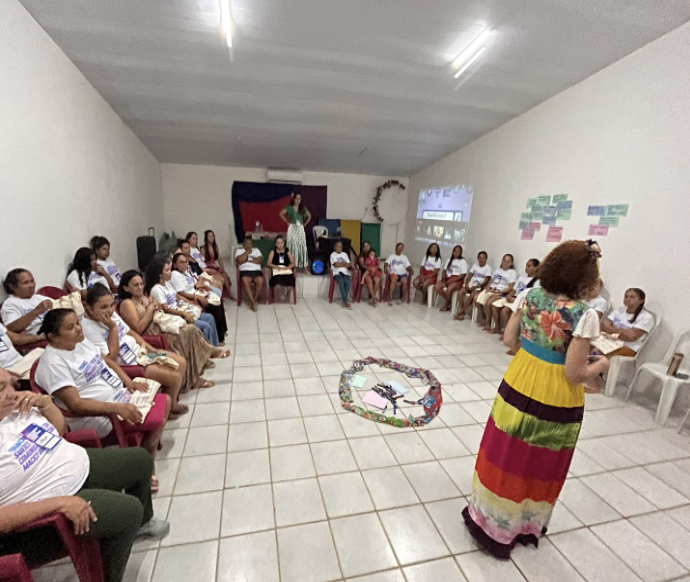
This practice, titled “Knowledge and Experiences with Traditional Communities of the Maciço do Baturité,” was initiated by the NGO Anjos Digitais (Digital Angels). The project was coordinated by Rossana Moura and Karine Pinheiro and was implemented in the Maciço do Baturité region, located in the state of Ceará, Brazil.
This project was carried out with traditional communities, focusing on digital literacy, sustainable development and solidarity economy. These activities were integrated into local practices of handicrafts and family farming, two key economic pillars for these communities. Additionally, the project emphasized gender equity, giving a voice and space to women, the majority of whom are homemakers, students, and teachers. The participants’ ages and occupations were diverse, including young adolescents in basic education, teachers, and artisan workers. There was also significant ethnic diversity, representing different traditional ethnic groups from Ceará. The project incorporated Sustainable Development Goals (SDGs) 4 (Quality Education), 5 (Gender Equality), 10 (Reduced Inequalities), and 11 (Sustainable Cities and Communities), aiming to bring real and sustainable change to the lives of these communities.
Theme: Digital literacy, sustainable development and solidarity economy were the central themes of the activities. Digital literacy was seen as an essential tool for the participants, allowing them not only to learn how to use technology but also to apply it in their daily realities, especially in strengthening their economic initiatives. The sustainable development and solidarity economy was explored as a collaborative model, where artisanal production and family farming are viewed not just as sources of income but also as forms of resistance and autonomy for these communities.
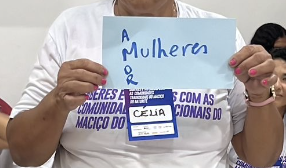
CARE: One of the standout groups was “Trama de Mulheres Pretas” (Weave of Black Women), which has a long tradition in producing handicrafts and local foods. These women faced several challenges in using digital technologies, especially in seeking information, communicating, and promoting their products. The lack of access to technology and initial unfamiliarity with its potential hindered their economic growth and the visibility of their work. However, with the project’s support, they gradually overcame these barriers, acquiring new digital skills that allowed them to expand their networks and reach new markets.
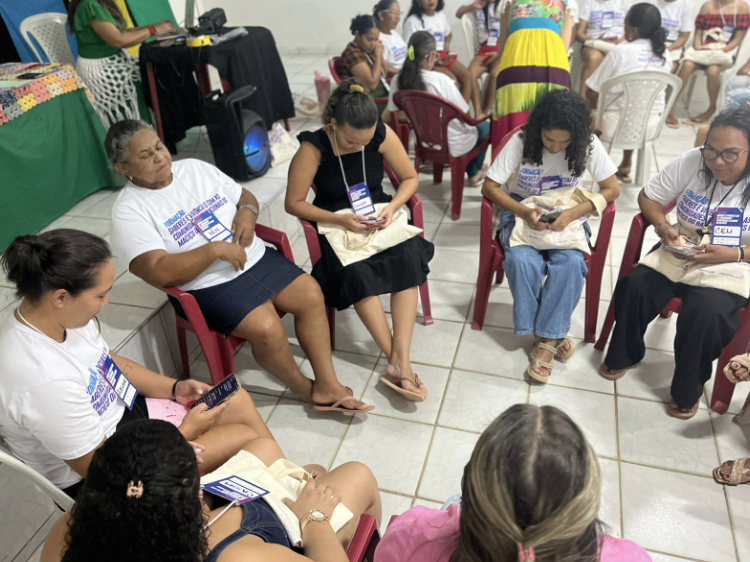
KNOW: Knowledge sharing was one of the pillars of the project, particularly in terms of forming associations and strengthening local entrepreneurship. Through workshops and continuous training, participants developed skills in management, organization, and marketing of their products, increasing their ability to act independently. Furthermore, understanding the dynamics of the solidarity economy was crucial for the women to realize the power of cooperation and self-sufficiency in their communities. They began to see their traditional practices in a new light, integrating them into a broader context of collaborative economy.
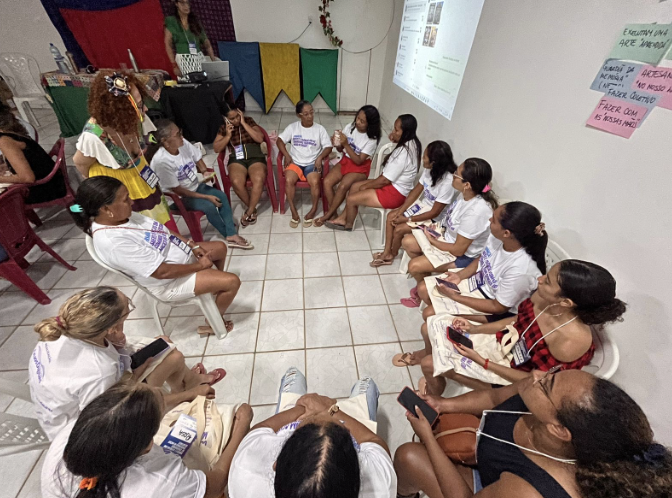
DO: One of the project’s most significant outcomes was the production of videos by the participants themselves, in which they shared their stories, challenges, and achievements. These videos were published on YouTube, serving as a platform for their voices to be heard beyond local boundaries. This initiative not only expanded the visibility of the women’s work but also boosted their self-esteem and recognition of their capabilities. The creation of these videos was an empowering process, where each woman could share her journey of overcoming obstacles and personal growth, inspiring other women and communities.

Impact on Education: The project had a profound impact on how the participating women and their communities viewed education. By addressing local problems collaboratively, the project facilitated co-learning between the women and the facilitators, aligning the training with the challenges faced by the communities. This process resulted in a deeper understanding of the challenges encountered by the women in both personal and professional spheres. The unity and solidarity that emerged from this shared learning strengthened bonds among the participants and generated collective solutions to the problems they face daily.
Impact on Participants: Through observation and active engagement in the project, the women rediscovered the “right to dream” and began to believe in the possibility of improving their lives. Many reported that before the project, they felt limited by circumstances and the few opportunities available. As the activities developed, they started to envision new horizons. One of the participants summed up this transformation by saying, “Today I give myself the right to dream, and I can improve my life.” Another added, “Now I can dream.” The contact with other women involved in the project brought strength and motivation to the trainers, educators, and managers from the NGO Anjos Digitais, as one of them shared: “Being in contact with these women gives me strength. Even though it seems small, it’s enormous for them.” The experience also highlighted the importance of affection and mutual support, creating a space where everyone could learn and grow as equals. “We arrived as equals and co-learned together, on equal footing,” said another participant, reflecting on the spirit of cooperation that permeated the entire process. This feeling of unity and solidarity, through the “CARE-KNOW-DO together,” filled the hearts of the participants with love and energy, empowering them to face new challenges and paving the way for future actions.
The project “Knowledge and Experiences with Traditional Communities of the Maciço do Baturité” exemplifies e-artivism by blending digital literacy, cultural preservation, and storytelling to empower communities and amplify their voices. Through the integration of traditional crafts and family farming with digital tools, participants transformed their practices into acts of advocacy, highlighting the importance of local culture and economic autonomy.
By producing videos to share their stories and challenges, participants used digital platforms as tools for creative expression and activism, expanding their reach and fostering awareness beyond local boundaries. This digital storytelling not only promoted their work but also inspired broader audiences, turning their personal narratives into a collective call for social and economic justice.
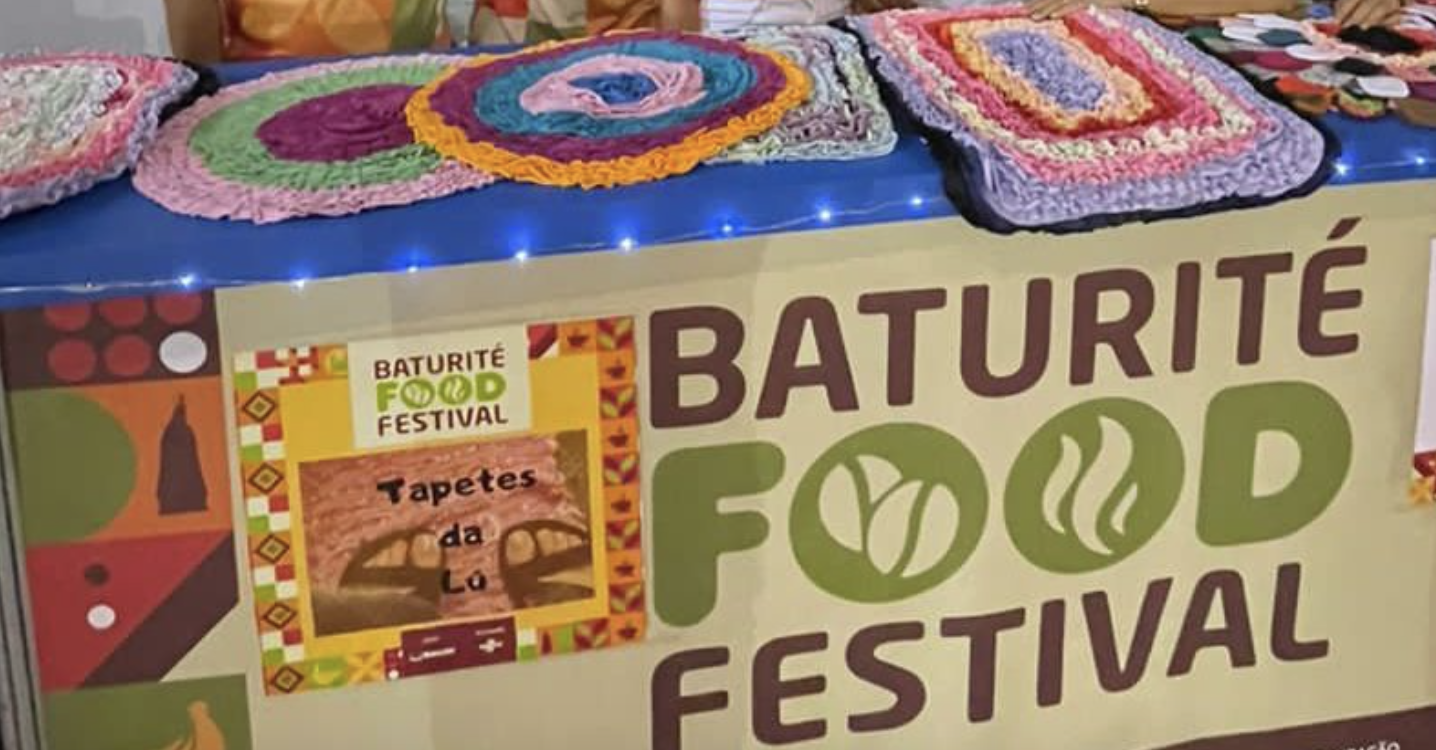
E-artivism in this project bridged traditional knowledge with modern technology, fostering co-learning and collaboration. Participants gained skills that allowed them to actively engage with and address pressing issues in their communities while creating opportunities for sustainable development. This initiative demonstrates the transformative potential of e-artivism to combine art, technology, and activism in creating pathways for empowerment and lasting change.
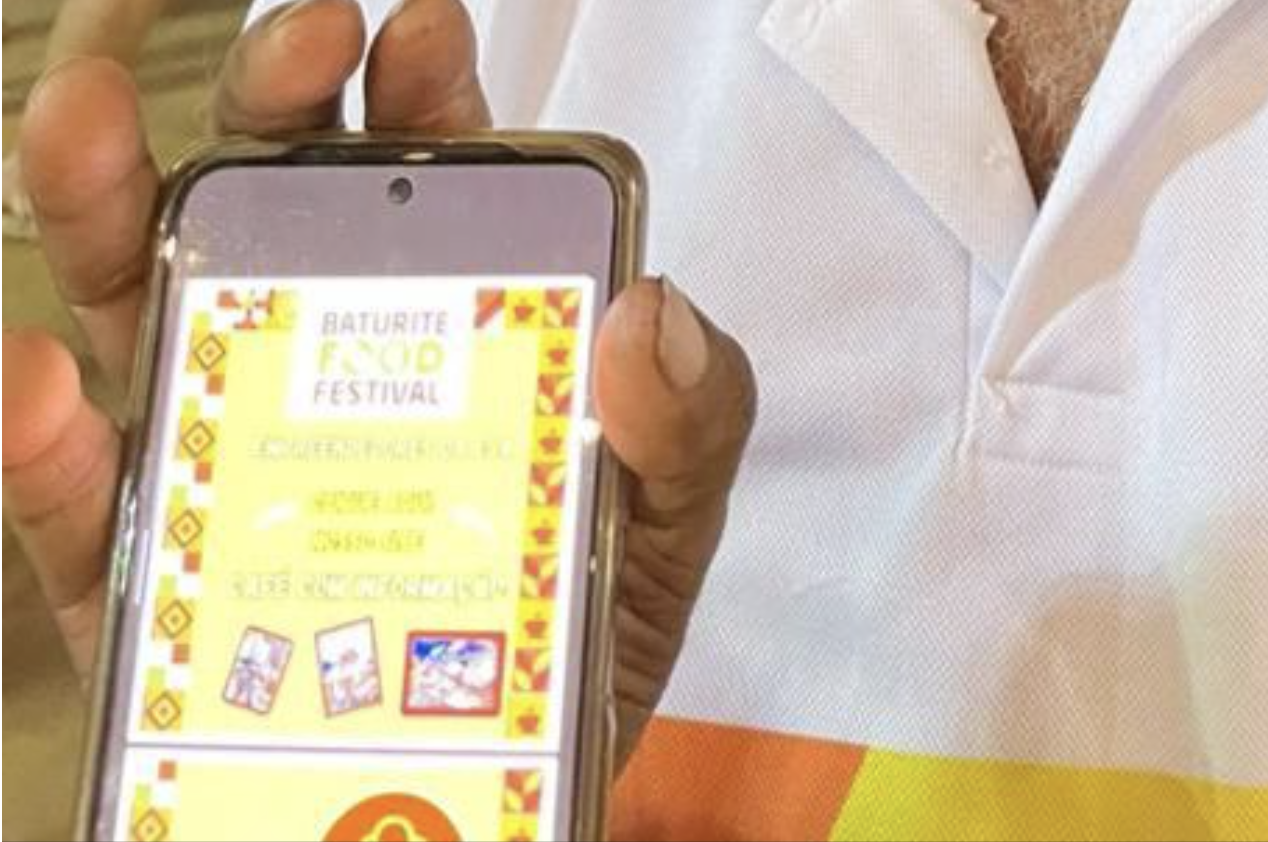
For more details: https://anjosdigitais.org/